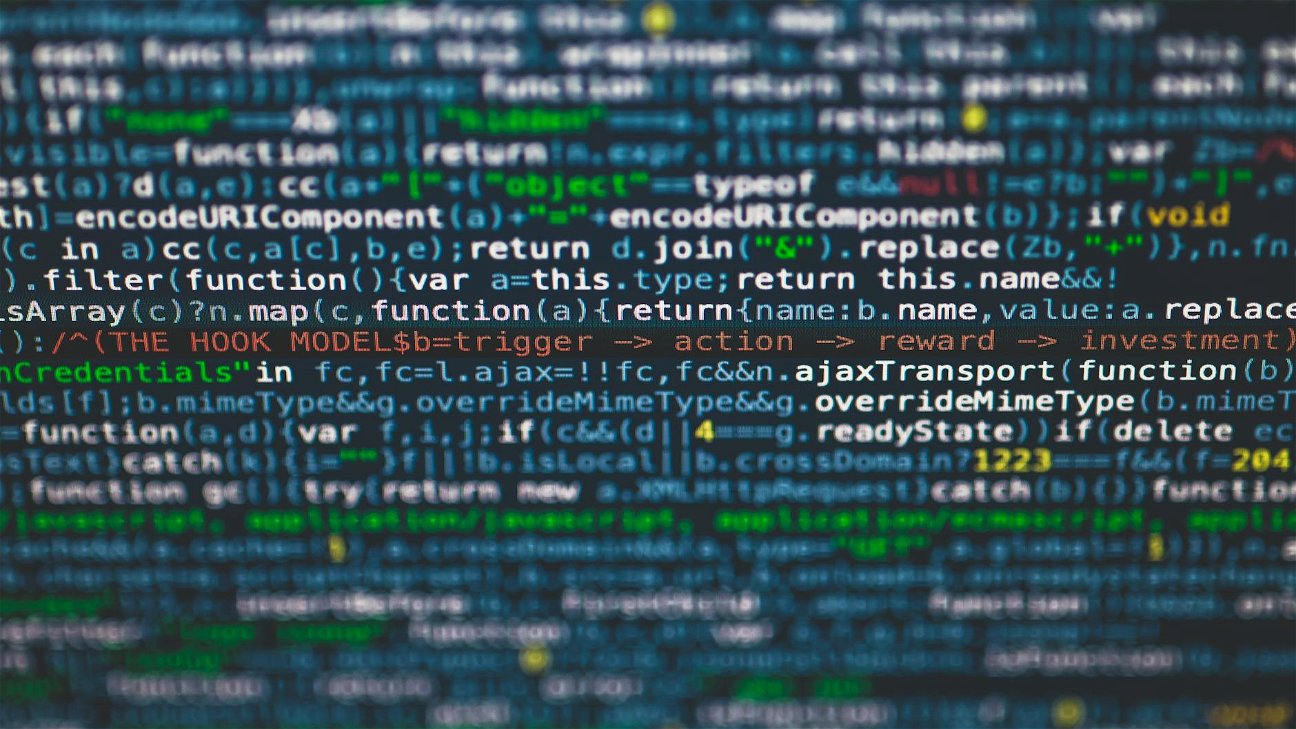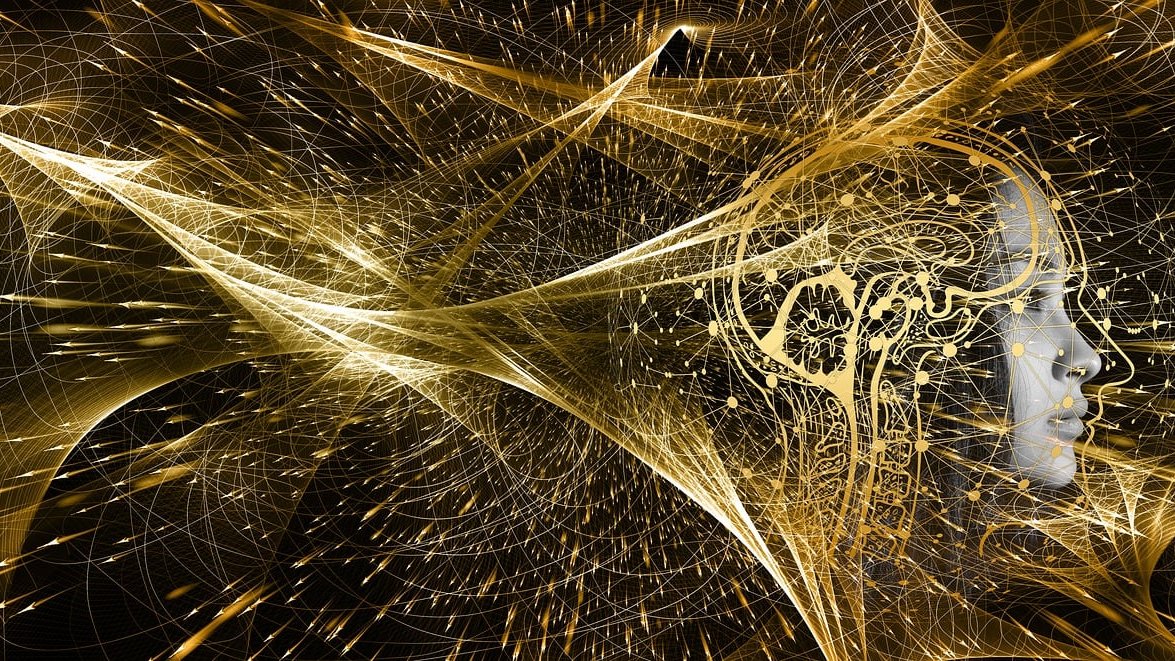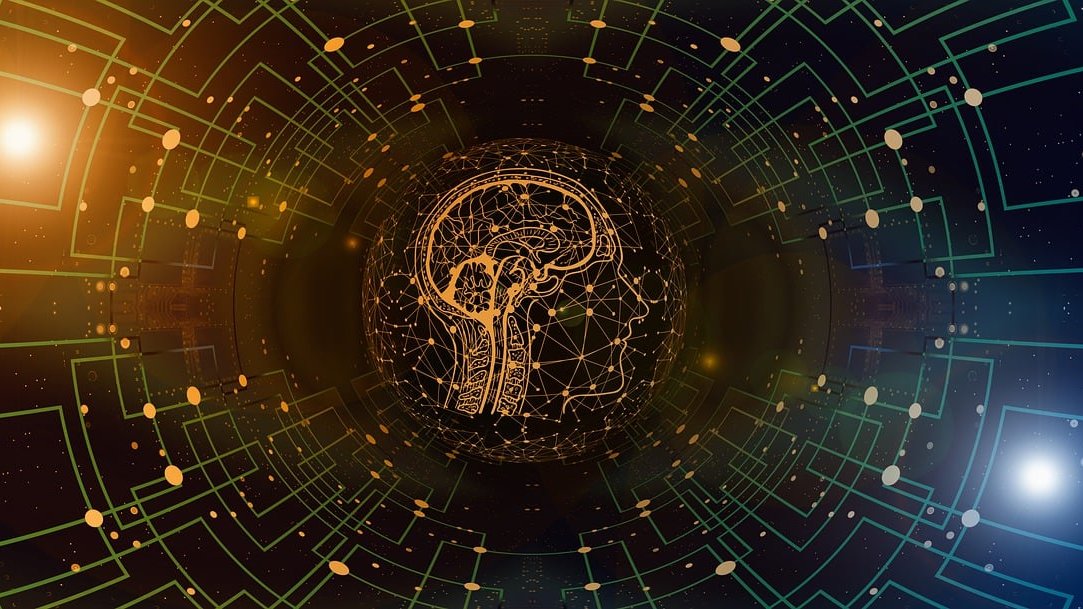
Despite the rapidly evolving field of artificial intelligence (AI), women's voices remain startlingly absent. OpenAI's recent controversies shed light on the stark gender disparity within the industry, and the consequences this could have for the world that AI shapes.
Male dominance in OpenAI
OpenAI, a significant player in the world of artificial intelligence, has recently seen a tumultuous period with the firing and subsequent rehiring of its chief executive, Sam Altman. Amid this upheaval, one fact stood out: the overwhelming majority of those advocating for Altman's return were male. This gender imbalance, which aligns with findings in McKinsey’s The State of AI in 2022 report, casts a stark light on the lack of gender diversity within AI teams. The newly established board of directors at OpenAI, comprised exclusively of white men, serves as a testament to this issue.
Generative AI (GAI) relies on processing massive datasets of text, images, and videos. Historically, these data sets have featured men far more than women, thereby creating an inherent male bias. This, compounded by the societal obstacles faced by women, leads to a narrative about GAI's risks, opportunities, and future direction being primarily shaped by men. The concerning absence of women's voices results in a lack of understanding of their unique needs, worries, and experiences related to AI.
Underrepresentation of women's concerns in AI
According to 2022 data from the Pew Research Center, women in the US express between 8% and 16% more concern than men about several AI developments. These range from AI's potential to diagnose medical problems to its ability to perform repetitive tasks. Despite this, women's concerns are often not addressed due to their peripheral presence in the AI industry and their muted voice in news coverage about AI.
Utilizing AI to address media bias
As the saying goes, 'what gets measured, gets managed.' This applies to the issue of gender and ethnic bias in the media as well. Experts like Lars Damgaard Nielsen, CEO of Mediacatch.io, advocate the use of AI to measure women’s presence within the discourse. This could effectively flag the need for a broader range of perspectives, ensuring all genders, groups, and cultures have a say in one of the century's most far-reaching narratives: artificial intelligence.










